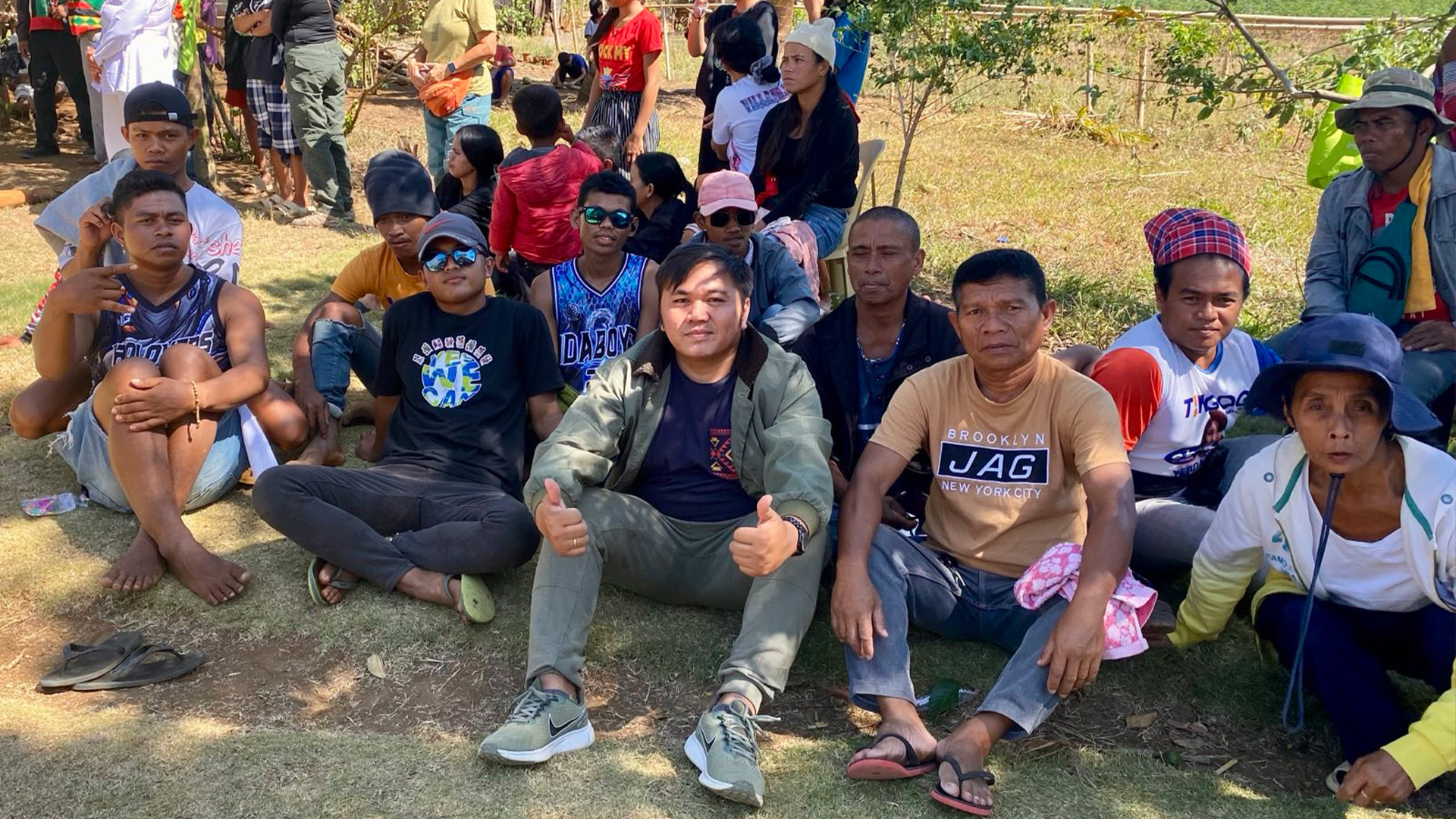
Photo by Samdhana
- admin
- 25 June 2025
- Feature
Walking With the Menuvu
A Reflection Piece
Written by Bernadie Jamora, Community Facilitator of Samdhana Institute |
I never imagined that my work would lead me to witness the quiet strength of a people whose story is so often untold.
As a Community Facilitator in Southern Bukidnon, I have the privilege of working alongside the Menuvu Kirenteken-Ilentungen tribe. I also have the privilege of learning, not from books or classrooms, but from conversations with their elders, from walks through the forest, and from sitting in the company of those who carry generations of wisdom in their hearts.
At first, I came with the idea that I would be teaching them. But soon, I realized I was the one being taught.
What I learned is that culture is not just a thing of the past—it is living and breathing in the everyday lives of the people. Their culture manifests in how they resolve conflict through calm dialogue. It is in how they name the land with reverence. It is in how they treat the forest not just as a resource, but as a family relative.
And yet, this beautiful way of life is constantly under threat. 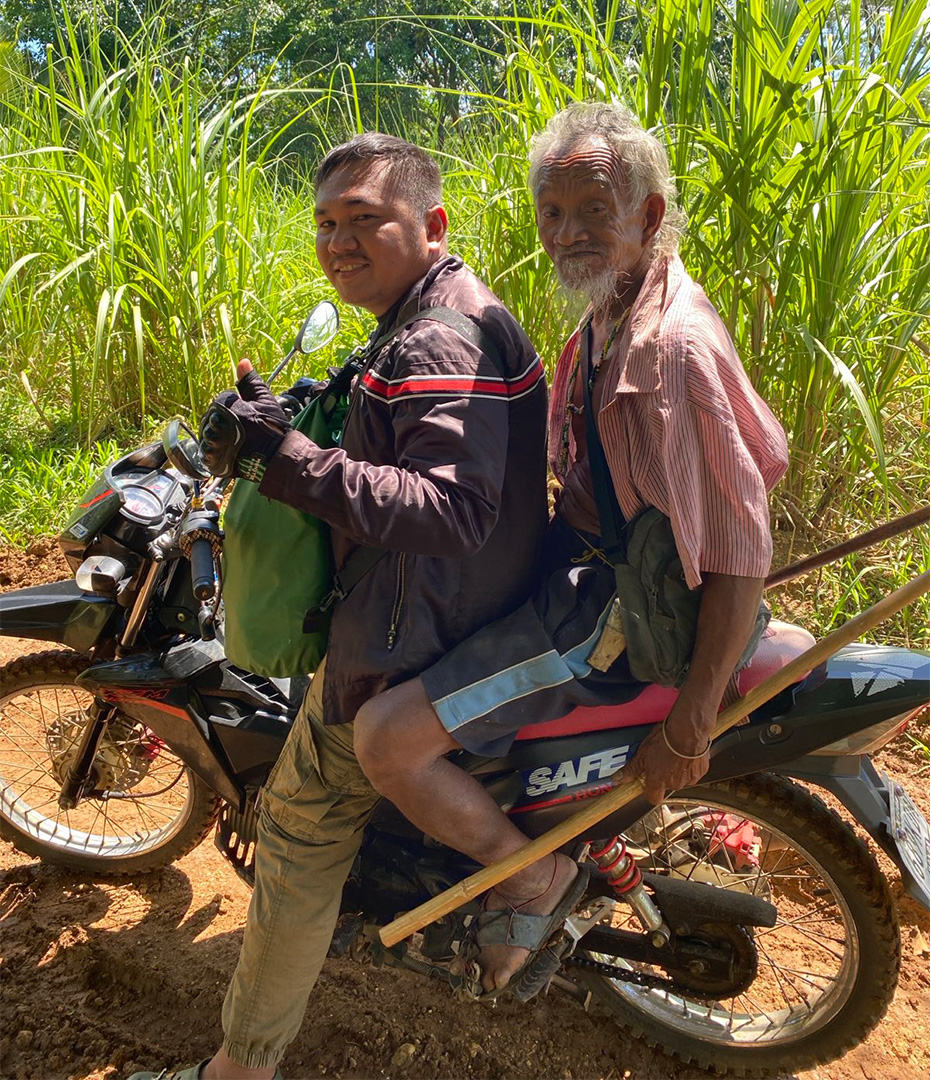
I've seen firsthand how "development" arrives—loud, fast, and sometimes blind to the quiet wisdom that already exists in these communities. Concrete roads are built. Trees are cut. Projects come in without any permission being asked from those who are living in that area. And when that happens, sacred spaces are turned into construction zones, and traditions are pushed further into silence.
I observe that there’s a deep sadness resulting from this. A kind of mourning that doesn’t always look like tears—but more like silence, or hesitation, or a longing for the old ways to still have a place in the new world.
But there’s also hope. I’ve sat in burun-buron or their peaceful gatherings and watched people listen, really listen, to one another. I’ve seen elders patiently explain the importance of a tree or a river. I’ve seen young people light up when they hear their own stories told in their own language.
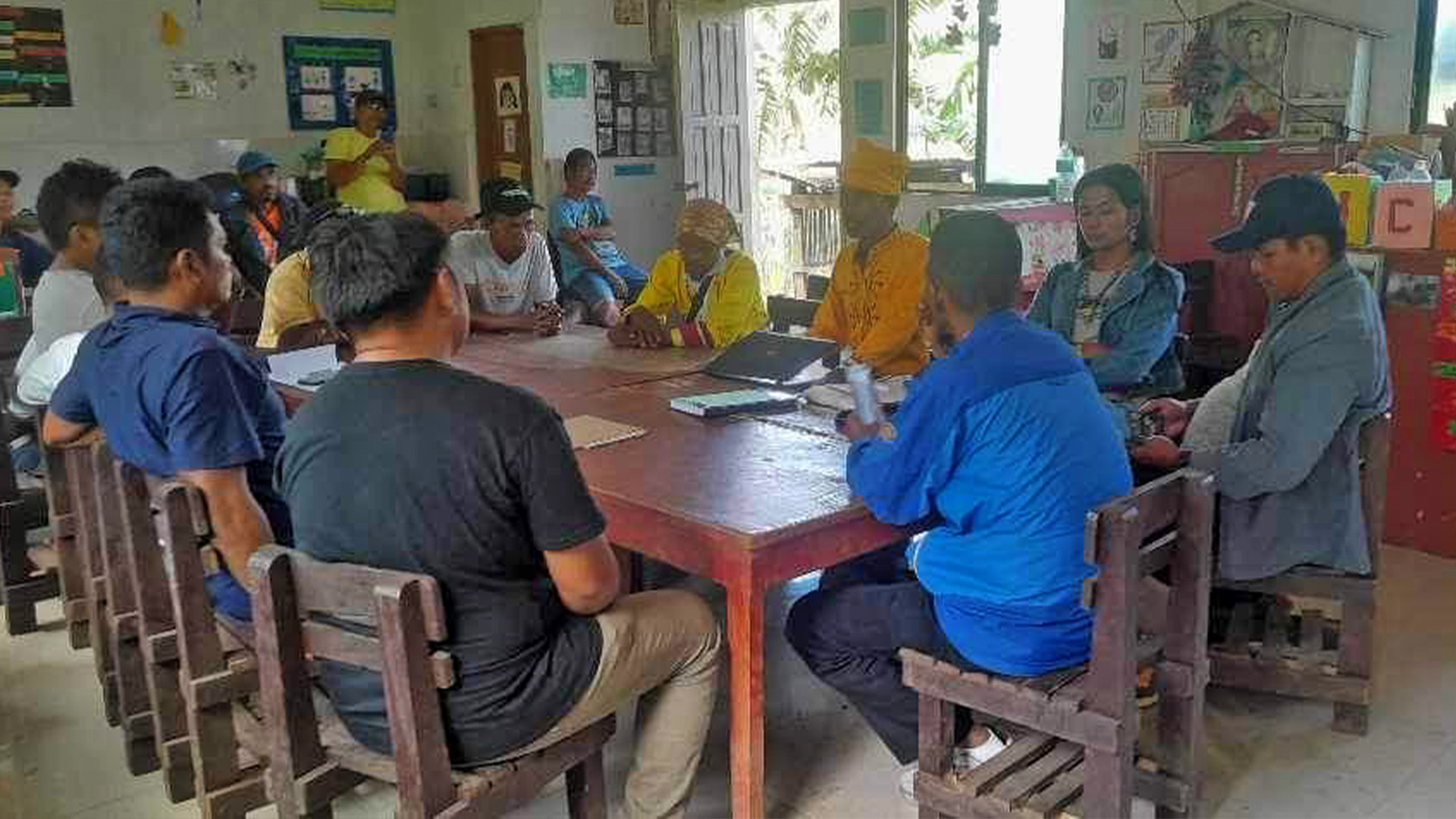
It reminds me that preserving culture isn't about going backwards—it’s about moving forward without leaving anyone behind. When Indigenous culture fades, we don’t just lose rituals or songs—we lose an entire worldview that teaches us how to live with the earth, and not just on it.
I may not be able to explain everything about their way of life, for I am not a Teregunay or a native. However, I’ve come to understand that my role is not to walk in front of them, expecting them to follow, rather but to walk beside them—to amplify their voices, to ask the right questions, to ensure that the future we’re building includes the stories that came before us.
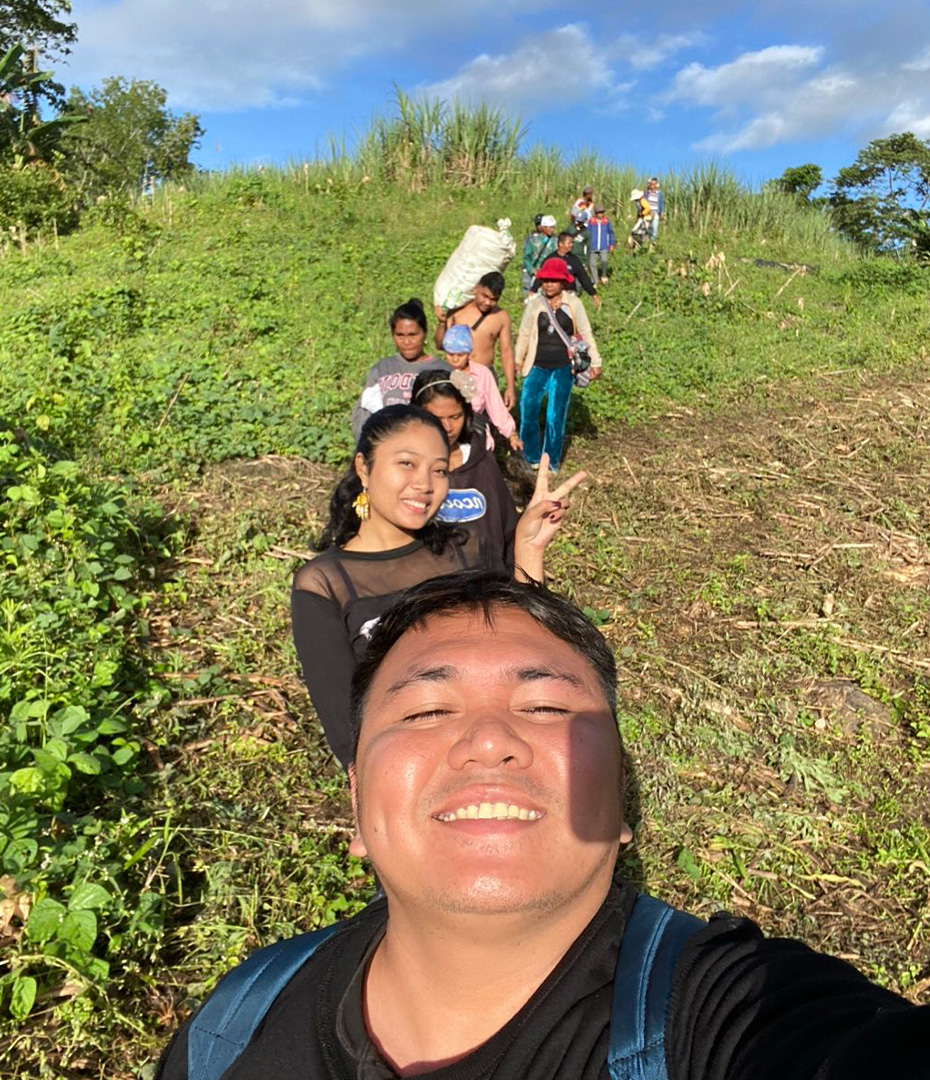
So, I carry this work with both urgency and humility. I reflect often on what it means to be an ally, a witness, and a bridge. I remind myself to keep listening, to slow down, and to let the wisdom of the land and its people guide the way.
Walking with the Manobo has changed me in ways I didn’t expect. What started as a job—to facilitate, to help—slowly became a journey of unlearning and relearning. The Menuvu Kirenteken-Ilentungen welcomed me, not just into their communities, but into their way of seeing the world—a world where the land is not owned but respected, where silence speaks, and where wisdom is carried in stories, not spreadsheets.
There’s a humility in their way of life that confronts the fast-paced, often extractive rhythm of so-called progress. And in that contrast, I find myself questioning what development really means. Is it better roads and bigger buildings, or is it deeper connections and stronger communities?
Seeing how the Menuvu live—with grace, patience, and a deep reverence for nature—reminded me of what we often forget: that culture is not a relic of the past. It is alive. It is fragile. And it deserves our protection.
Their silence in the face of encroaching “progress” is not ignorance or passivity—it is a quiet mourning for what’s being lost. And yet, their resilience gives me hope. It teaches me that walking with people, not ahead of them, is where real change begins.
In the end, this is not just their fight—it is ours too. And I truly believe that if we learn to walk together, with respect, empathy, and openness, there is still a path forward where culture and progress can thrive side by side.
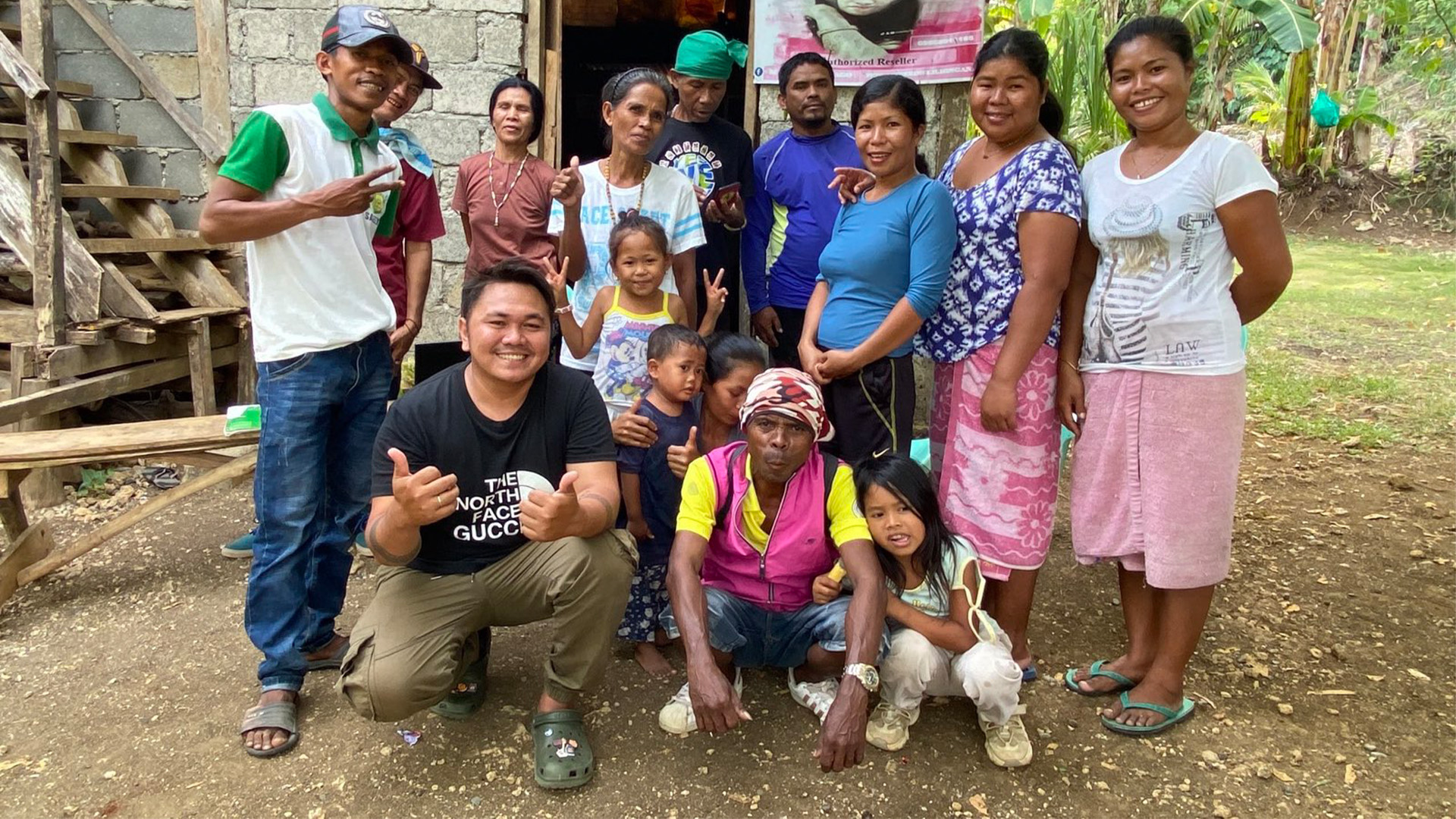
Please download the file below: